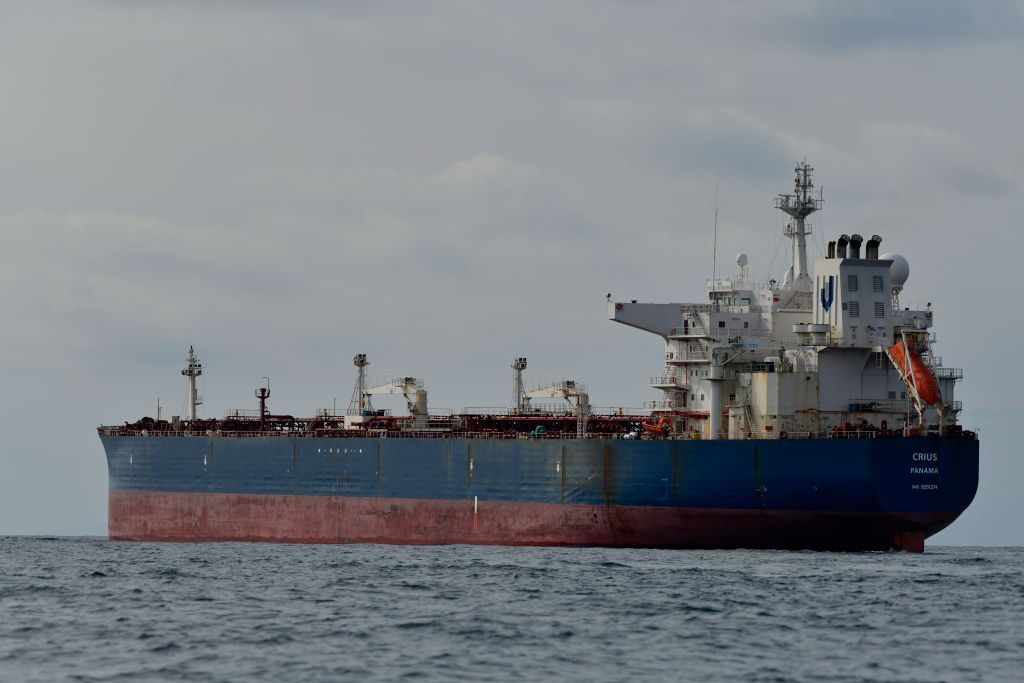Summarize this content to 2000 words in 6 paragraphs
The U.S is planning to impose additional sanctions on Russian energy by the end of the year, particularly targeting Russia’s so-called “shadow fleet,” Vladyslav Vlasiuk, the Ukrainian president’s commissioner for sanctions, told public broadcaster Suspilne on Dec. 23.Over 100 oil tankers part of Russia’s shadow fleet, meant to evade sanctions, are expected to be affected, Vlasiuk said. “There are high expectations from this package,” Vlasiuk told Suspilne in response to the anticipated sanctions. “This will significantly influence the willingness of counterparties to work with Russian suppliers.” Vlasiuk added that the EU and U.K. are also looking to place additional sanctions on the so-called shadow fleet.U.S. Treasury Secretary Janet Yellen previously told Reuters in an interview on Dec. 13 that Washington is considering more sanctions on shadow fleet tankers and has not ruled out targeting Chinese banks if they are found to be involved in Russia’s war effort.Recent U.K sanctions and the EU’s 15th sanctions package have already targeted Russia’s shadow fleet, in an attempt to punish Russia’s economy for its full-scale invasion of Ukraine.Russia’s shadow fleet intends to avoid a $60 per barrel price cap imposed by the G7 on Russian oil to diminish Russia’s ability to fund its war against Ukraine.Vlasiuk’s comments follows speculation that the Group of Seven (G7) is considering lowering the price cap, or outright banning Russian oil. Sanctioning Russia’s shadow fleet would make existing and future sanctions on Russian oil more effective.Targeting many of these ships in one sanctions package means Russia will be unable to replace these ships fast enough to service its export routes, Yuliya Pavytska head of the sanctions faculty at the Kyiv School of Economics, said in an interview with Suspilne on Dec. 23.The U.K. sanctioned 20 ships on Dec. 17 and the EU banned 52 Russian ships from accessing EU ports on Dec. 16.G7 discusses slashing Russian oil price cap, complete ban, Bloomberg reportsDiscussions reportedly include lowering the current $60-per-barrel cap to approximately $40 or even implementing a complete ban on Russian oil supplies.
!function (f, b, e, v, n, t, s) {
if (f.fbq) return; n = f.fbq = function () {
n.callMethod ?
n.callMethod.apply(n, arguments) : n.queue.push(arguments)
};
if (!f._fbq) f._fbq = n; n.push = n; n.loaded = !0; n.version = ‘2.0’;
n.queue = []; t = b.createElement(e); t.async = !0;
t.src = v; s = b.getElementsByTagName(e)[0];
s.parentNode.insertBefore(t, s)
}(window, document, ‘script’,
‘https://connect.facebook.net/en_US/fbevents.js’);
fbq(‘init’, ‘3189560391356472’);
fbq(‘track’, ‘PageView’);
window.fbAsyncInit = function () {
FB.init({
appId: 271541601613017,
cookie: true,
xfbml: true,
version: ‘v2.5’
});
}.bind(this);
(function (d, s, id) {
let js, fjs = d.getElementsByTagName(s)[0];
if (d.getElementById(id)) return;
js = d.createElement(s);
js.id = id;
// @ts-ignore
js.src = “https://connect.facebook.net/en_US/sdk.js”;
// @ts-ignore
fjs.parentNode.insertBefore(js, fjs);
}(document, ‘script’, ‘facebook-jssdk’));


